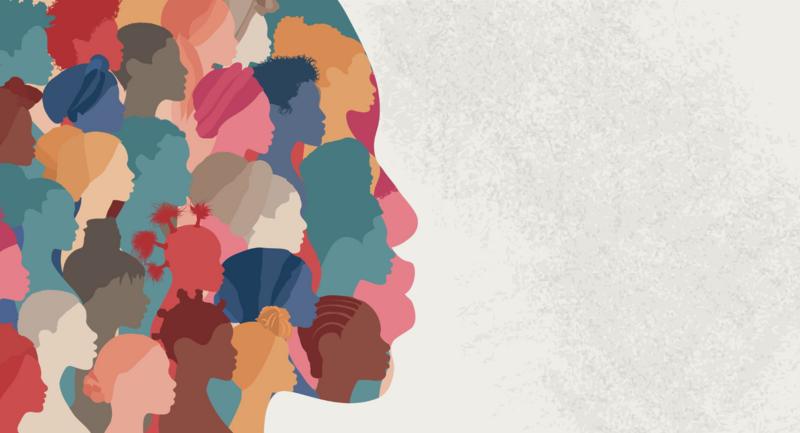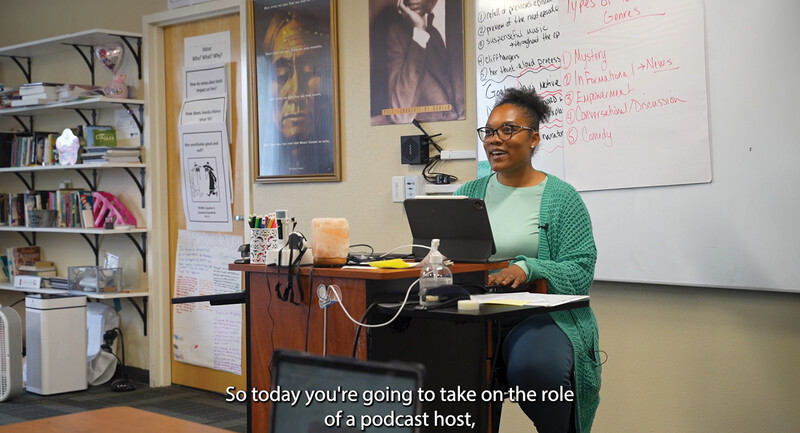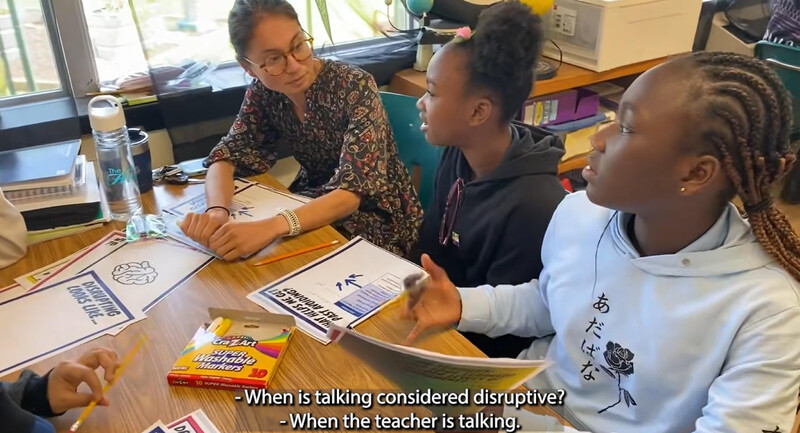The ancient Chinese philosopher Lao Tzu said that a journey of a thousand miles begins with one step. The most important insight I have gained as a teacher, leader, and lifelong learner is the significance of that first step being an active experience. It’s fair to assume that voyagers must discuss the goals (learning targets) of their impending odysseys, read about others’ campaigns, and attain some threshold of knowledge and understanding about sojourning before taking that all-important first step. However, I would argue that Lao-Tzu excluded all other considerations because they are inconsequential next to the experience itself.
Therein lies my preference and motivation for using STEAM (Science, Technology, Engineering, Arts, and Mathematics) instruction and project-based learning (PBL), the focus of my article in the October issue of Educational Leadership.
The light switch for me was the intersection of my military experience and the classroom. As an aerospace ground-equipment technician in the United States Air Force and later at Delta Air Lines, I learned and lived STEAM and perceived my world through that lens. When my mom, a teacher, insisted that I visit her middle school classes and speak to her students about my adventures and experiences as an Air Force mechanic—which I turned out to be the first experiential step towards my second career of teaching—I noticed something in the students’ eyes. I understood at that moment that they were not captivated and fascinated by my personal story. Rather, my words were inspiring them to attain comparable experiences of their own. That was a powerful feeling! I eventually came to realize that I could do more than inspire—as a teacher, I could create authentic, relevant, meaningful learning experiences for children that teach the skills and dispositions for lifelong learning and success, and I could do that every day in my own classroom.
As a science educator and instructional coach, I’ve been guided by two principles:
- the theory of neuroplasticity, which our brain patterns and structures are malleable and experience-dependent throughout our lifetime; and
- the power of teachers to create a dynamic learning environment in which children and/or adults learn and grow through active learning experiences such as STEAM and PBL.
Albert Einstein painted it beautifully when he claimed that he never taught his pupils anything; he only attempted to provide the conditions in which they could learn. That’s sound logic straight from a true genius, but following his example would necessitate a paradigm shift for most teachers and educational leaders. I am fortunate to have had former teachers in my various walks of life who have modeled Einstein’s approach to teaching, which I now strive to pass on whenever I conduct professional learning for teachers.
Here are three additional ideas I try to pass to the teachers I work with—and that I hope are reflected in my Educational Leadership article.
- Life is interdisciplinary, and therefore our teaching should be as well. (This summer’s solar eclipse and the recent hurricanes and recovery efforts offer ample opportunities for active, cross curriculum learning.)
- Sometimes what is not said can be more powerful than what is said. Talk less, listen more, and resist being the answer key for students. (More on this, see Dan Finkle’s TED Talk on math instruction).
- It’s important to seek out new experiences that will allow you to grow, evolve, and actualize. Take that “first step” often and with courage.








